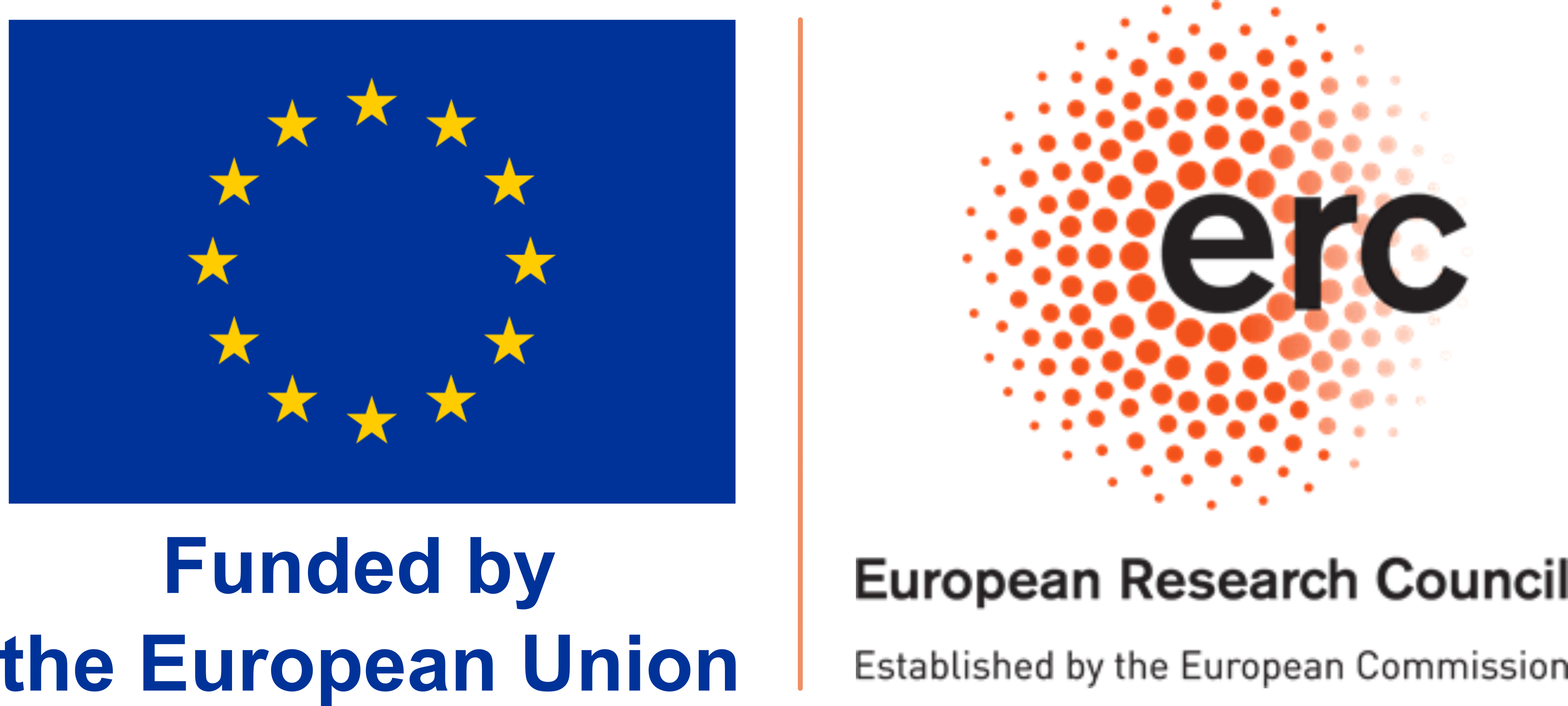ERC Consolidator Grant: TRANSCEND
To avoid catastrophic climate change, European countries are bound by the European Climate Law to reduce their greenhouse gas emissions to become climate-neutral by 2050. To meet this necessary but steep target, radical progress in the technology for carbon capture and utilization (CCU) is needed. Electrochemical reduction of CO2 (eCO2R) is key to aid in the reduction of carbon levels and the production of sustainable chemicals and fuels. Current electrochemical reactor systems suffer from low efficiency and mass transport inhibitions due to the low CO2 solubility in aqueous electrolytes. By using gaseous CO2, zero gap electrolyzers overcome the low solubility issue. However, the productivity and product purity obtained with current zero gap cells are still a far way off from the industrially required levels. We believe that the main blame for this lies with the components used to facilitate the mass transport of the CO2 gas and liquid water to the catalyst on the one hand, and the removal of products and solid carbonate salts, out of the cell on the other hand, as they are still based on materials used in hydrogen fuel cells. The use of unsuitable materials affects the overall efficiency negatively.
In TRANSCEND, I propose a disruptive approach to the CO2 electrolyzer. I will apply a radically new bottom-up design to arrive at an integrated structure of all components responsible for multiphase transport. Three work packages are designed to develop an in-depth understanding of the mass transport and functionality of each of the different reactor components whilst in parallel building up the integrated electrolyzer. The envisaged high control over the mass transport and reaction environment will lead to high efficiency and durability. If successful TRANSCEND will contribute greatly to the fundamental understanding of the requirements and operation of eCO2R reactors and lay the foundation for the next generation and industrial application of this technology.
In TRANSCEND, I propose a disruptive approach to the CO2 electrolyzer. I will apply a radically new bottom-up design to arrive at an integrated structure of all components responsible for multiphase transport. Three work packages are designed to develop an in-depth understanding of the mass transport and functionality of each of the different reactor components whilst in parallel building up the integrated electrolyzer. The envisaged high control over the mass transport and reaction environment will lead to high efficiency and durability. If successful TRANSCEND will contribute greatly to the fundamental understanding of the requirements and operation of eCO2R reactors and lay the foundation for the next generation and industrial application of this technology.



